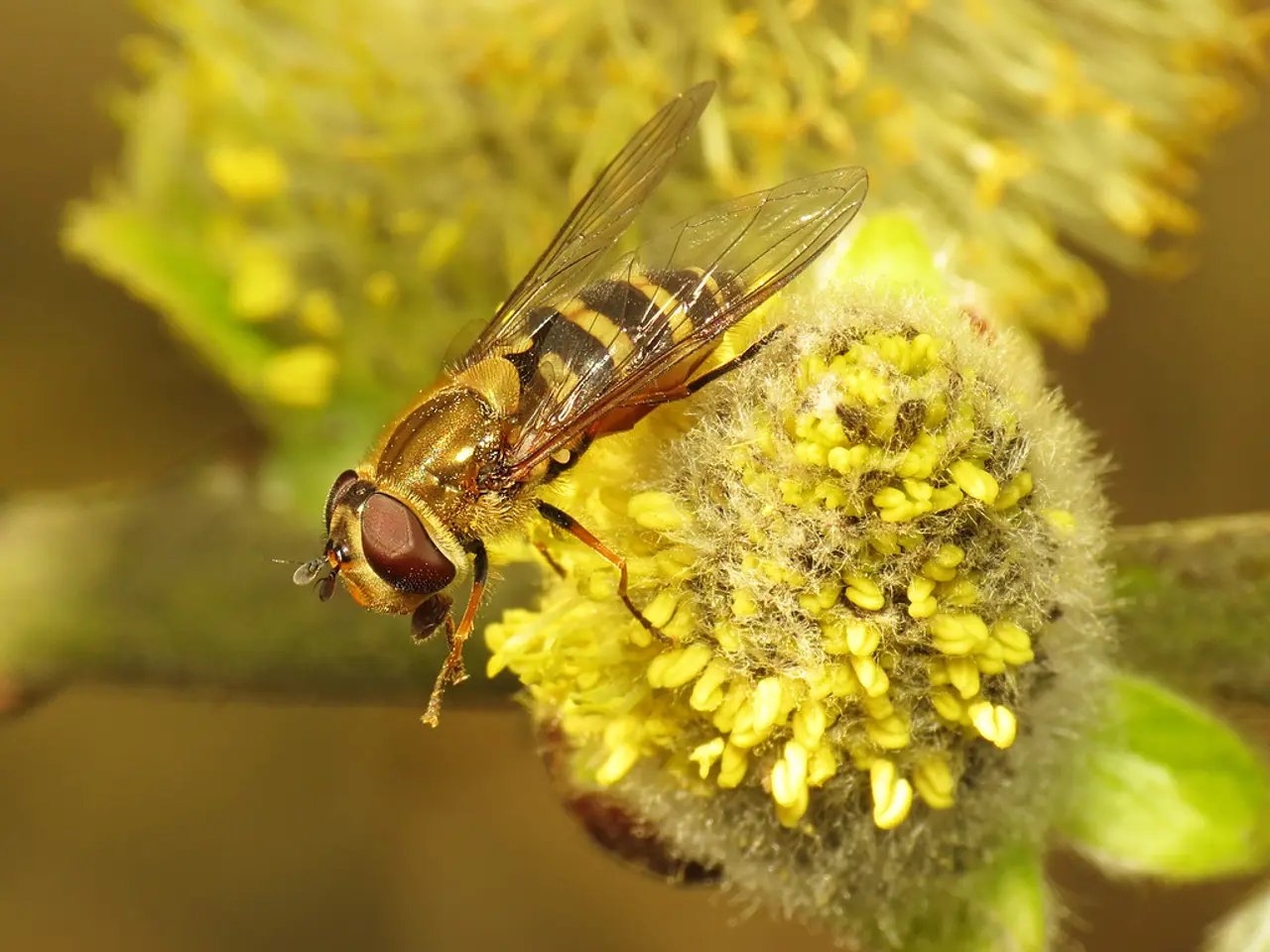Fermented Beet Drink: A Homemade Recipe for a Healthy and Refreshing Fermented Beverage
Beet kvass, a traditional fermented beetroot drink with roots in Eastern Europe, has gained popularity for its unique flavor and numerous health benefits. This tangy, salty, and slightly sweet drink offers a powerhouse of antioxidants, beneficial bacteria, and wild yeast.
A Fermented Powerhouse
Making beet kvass requires preparing beets, preparing a brine, sealing the jar tightly, waiting for fermentation, and straining and serving. Salt, while not strictly necessary, can help speed up fermentation and make a reliable brew. One teaspoon salt per quart of water is a suggested amount.
Fermentation enhances the antioxidant benefits of beets, making them more bioavailable. Beet kvass contains betalains, the antioxidants in beets, that help reduce oxidative stress and prevent DNA damage.
Cardiovascular Support
Beet kvass is rich in dietary nitrates, which the body converts to nitric oxide. This molecule helps dilate blood vessels, improve circulation, and can lower blood pressure, thereby supporting heart health and reducing hypertension risk.
Digestive Probiotics
As a fermented product, beet kvass contains probiotics that promote gut health by supporting a balanced intestinal microbiome and aiding digestion.
Liver Detoxification Aid
Some evidence suggests beet kvass may support liver function and detoxification processes, helping the body eliminate toxins more efficiently.
Immune Enhancement
The probiotics and antioxidants found in beet kvass can help enhance immune system function.
Typically, a small daily serving (about one shot glass) is recommended. The fermentation process also makes the nutrients more bioavailable and adds a tangy, salty flavor that may take some getting used to.
Other Fermented Drinks to Try
If you enjoy the taste and health benefits of beet kvass, you might also want to explore other fermented drinks such as Elderberry Kombucha, Tepache de Piña, Homemade Root Beer, and Water Kefir.
Making Beet Kvass at Home
If proper fermentation equipment is not available, beet kvass can be made in a mason jar or a Fido jar with a tight-fitting lid, and shaken daily and burped every 1-2 days to release excess gas. Leftover beets can be composted, eaten, or used to brew a second batch of kvass, but each subsequent batch will be progressively weaker.
Beet kvass can be easily adjusted in flavor by adding ginger, dill, or other herbs and spices. Pay attention to the water used for fermentation, as tap water can contain chlorine or chloramine which can inhibit proper fermentation. Using a starter culture can speed up fermentation and make a reliable brew, reducing the risk of harmful bacteria or mold.
In summary, beet kvass’s key health benefits arise from its cardiovascular support, antioxidant capacity, digestive probiotics, liver detoxification aid, and immune enhancement, making it a functional fermented beverage with broad supportive effects.
Beet kvass is a traditional, fermented beetroot drink that offers various health benefits, such as antioxidants, probiotics, and nitrates, which support heart health, immune system function, and gut health. Preparing beet kvass involves fermentation, salt, and sealing, with salt helping to speed up the process and make a reliable brew. Other fermented drinks worthy of exploration include Elderberry Kombucha, Tepache de Piña, Homemade Root Beer, and Water Kefir. If proper fermentation equipment is unavailable, making beet kvass at home can still be achieved using a mason jar, Fido jar, or by adjusting the flavor with ginger, dill, or other herbs and spices. It's essential to use a clean water source and consider using a starter culture to ensure proper fermentation and reduce the risk of harmful bacteria or mold.




